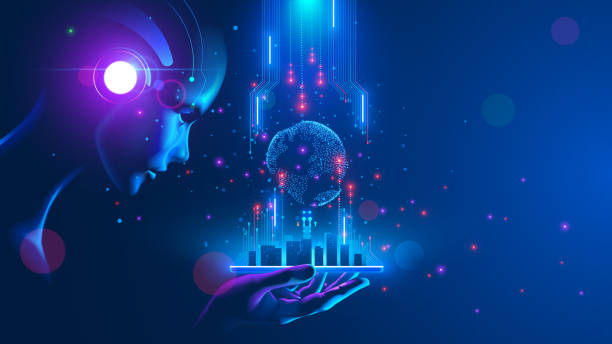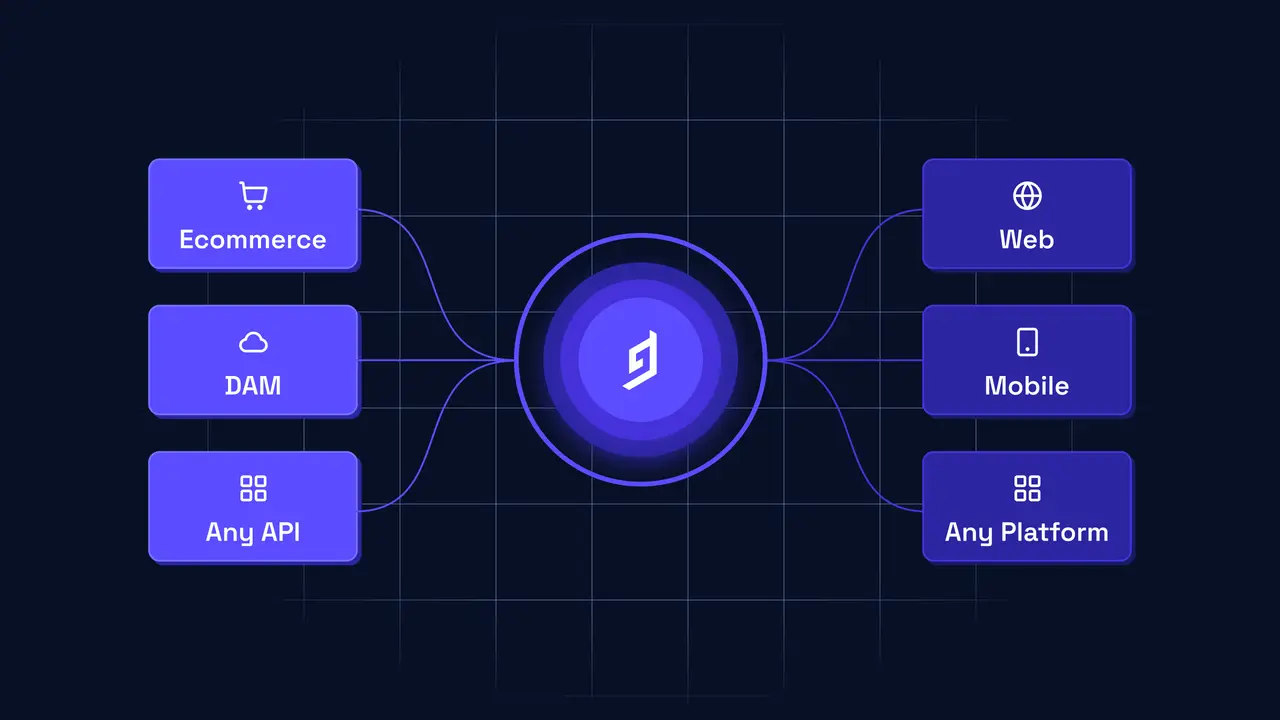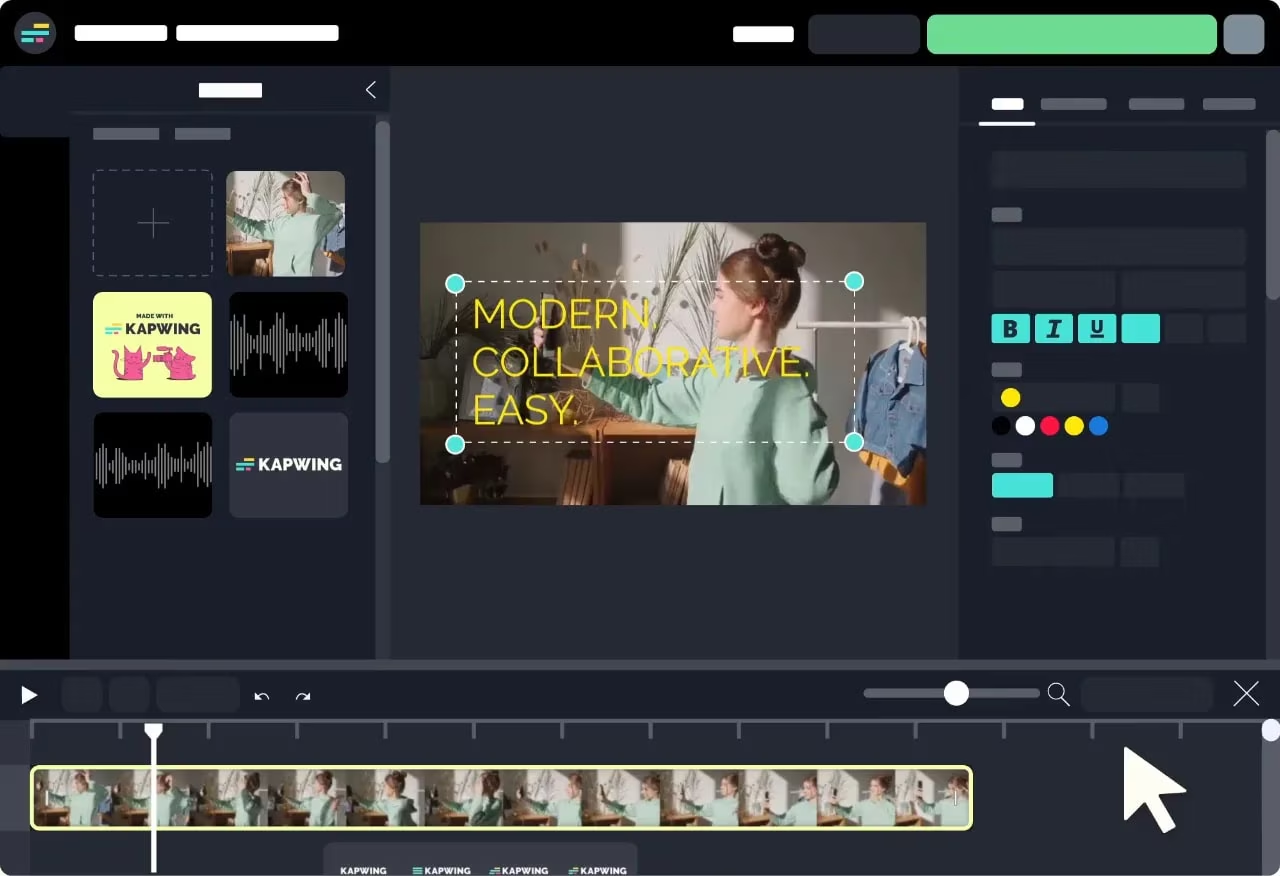Introduction
In the realm of envisioning the future and understanding the impact of technological advancements, two distinct fields come to the fore front futurology and artificial intelligence. While both delve into the dynamics of what lies ahead, they embody different approaches and scopes. This blog aims to unravel the differences between the study of futurology and the field of artificial intelligence, exploring how each contributes to our understanding of the evolving technological landscape.
Futurology Peering into Tomorrow
1. Overview of Futurology
Futurology is the systematic study of the future, examining potential developments and trends across various domains. It draws on interdisciplinary insights from sociology, economics, technology, and other fields to create holistic projections of what the future might hold.
2. Analyzing Trends and Patterns
Futurologists analyze existing trends and historical patterns to extrapolate potential future scenarios. They explore societal shifts, technological advancements, economic changes, and cultural evolutions to build comprehensive narratives about the possible trajectories of human civilization.
Also read: Challenges Of Big Data In Cybersecurity
3. Scenario Planning
Futurology often employs scenario planning, envisioning multiple future scenarios based on different variables and factors. This method allows for a nuanced understanding of potential outcomes and prepares individuals and organizations to adapt to a range of possible futures.
4. Social, Cultural, and Economic Perspectives
Futurology considers a broad spectrum of factors, including social, cultural, and economic dimensions. It explores how changes in these realms might shape the future, addressing questions related to societal structures, cultural values, and economic systems.
Artificial Intelligence The Power of Machine Intelligence
1. Overview of Artificial Intelligence (AI)
Artificial intelligence (AI) is a specialized field of computer science that focuses on creating systems capable of performing tasks that typically require human intelligence. This encompasses machine learning, natural language processing, computer vision, and other areas where machines emulate cognitive functions.
2. Developing Intelligent Systems
AI involves the development of intelligent systems that can learn from data, adapt to new information, and perform tasks without explicit programming. It encompasses a wide range of applications, from virtual assistants and recommendation systems to autonomous vehicles and advanced robotics.
3. Machine Learning and Neural Networks
Machine learning, a subset of AI, involves algorithms and statistical models that enable systems to improve their performance on a specific task over time. Neural networks, inspired by the human brain, play a pivotal role in machine learning, allowing AI systems to recognize patterns and make decisions.
4. Ethical Considerations in AI
The field of AI raises ethical considerations related to autonomy, accountability, transparency, and bias. As AI systems become increasingly integrated into various aspects of society, discussions around responsible AI development and deployment are crucial.
Distinguishing Futurology and Artificial Intelligence
Also read: How To Get Started Making A Video Game?
1. Scope and Approach
Futurology has a broad interdisciplinary scope, encompassing societal, cultural, and economic dimensions, while AI is a specialized field focusing on creating intelligent machines.
2. Temporal Focus
Futurology primarily focuses on the future, examining trends and patterns to make projections, while AI is concerned with the present development and application of intelligent systems.
3. Predictive vs. Technical
Futurology is more predictive, seeking to anticipate and understand future possibilities, whereas AI is more technical, involving the development and deployment of intelligent technologies.
4. Interconnectedness
Futurology and AI are interconnected, as the development and impact of artificial intelligence contribute to the evolving landscape explored by futurologists.
Conclusion Navigating the Intersection
In the vast landscape of technological exploration, futurology and artificial intelligence complement each other, offering distinct perspectives on the future. Futurology’s broad, interdisciplinary approach provides a holistic understanding of potential trajectories, while artificial intelligence, with its technical prowess, transforms these possibilities into tangible realities. The intersection of these fields marks a pivotal juncture where human foresight meets machine intelligence, shaping a future that is both envisioned and engineered. As we navigate this convergence, the synergy between futurology and artificial intelligence propels us into a realm where imagination and innovation coalesce, forging a path toward a dynamically evolving future.
Also Check:
• The Role of Data Science in Training Strong AI Models
• Understanding Internet Chi: The Flow of Digital Energy
• AI-Powered Chatbots vs. Live Agents – How LimeChat Finds the Perfect Balance
• How AI is Assisting Artists: Tools That Enhance Creativity Without Replacing Human Vision
• AI Image Generators: Unleashing Creativity with Cutting-Edge Visual Innovation










